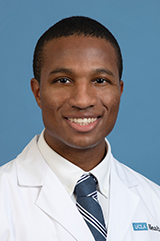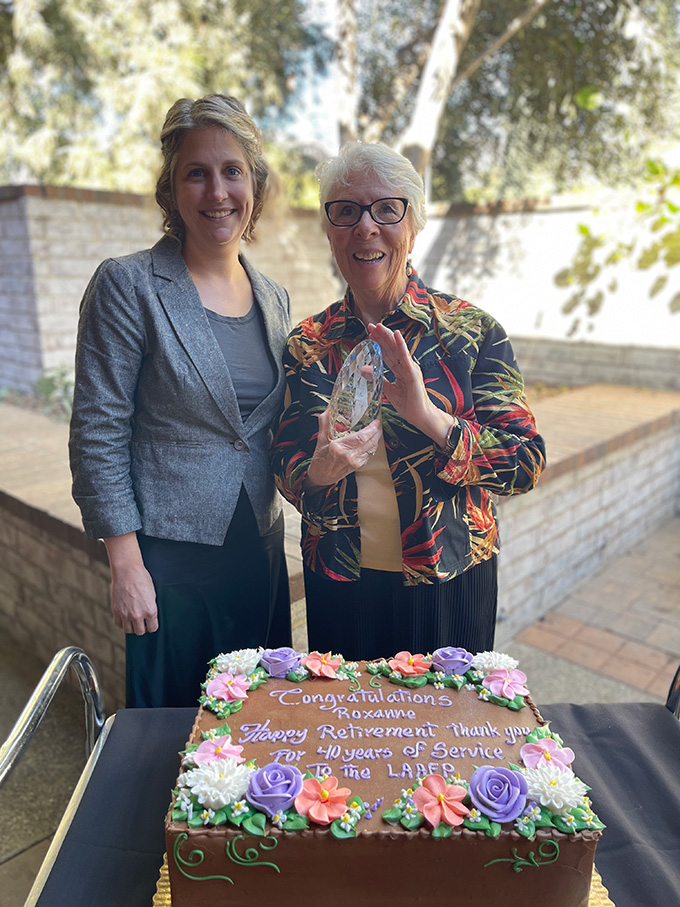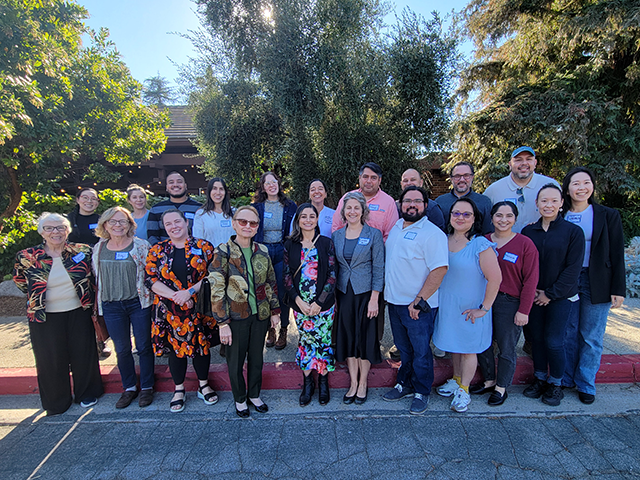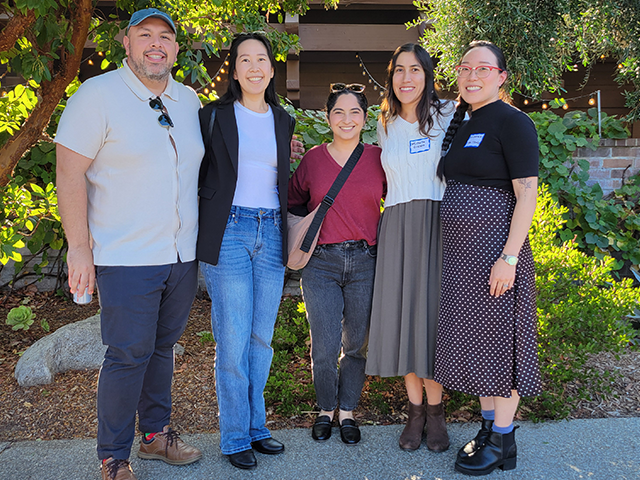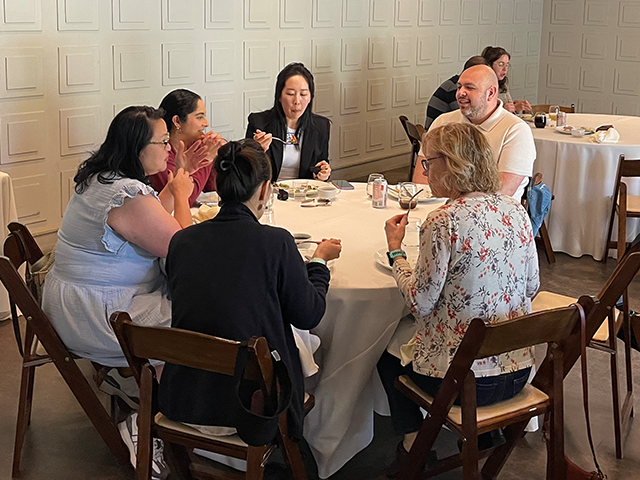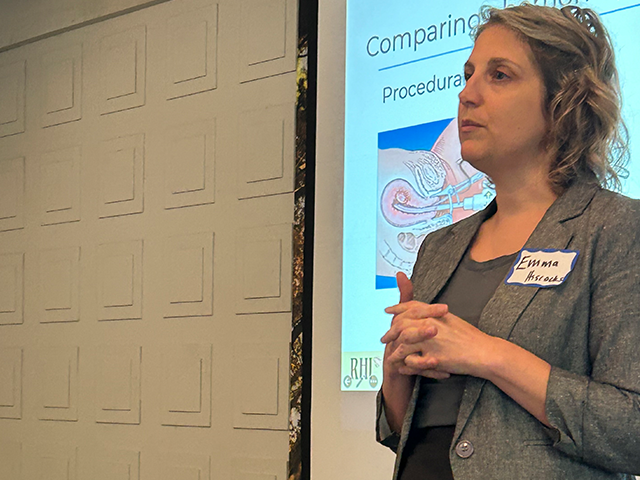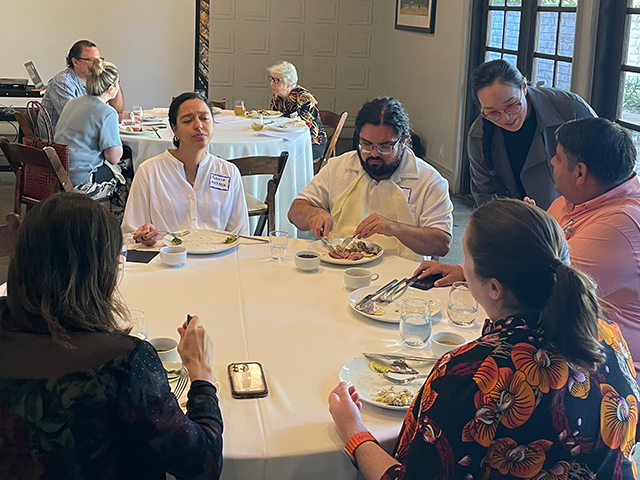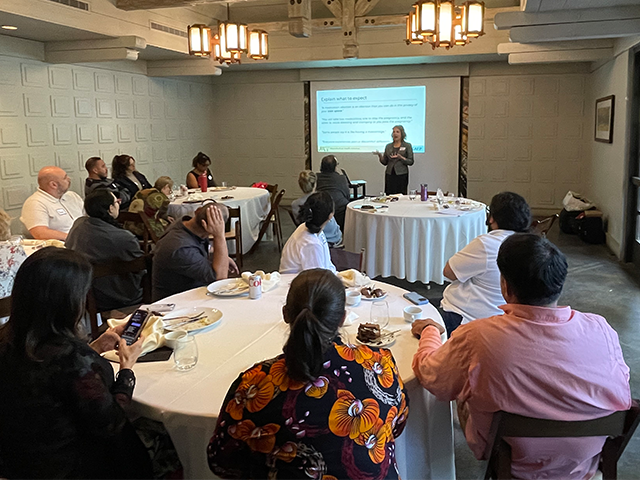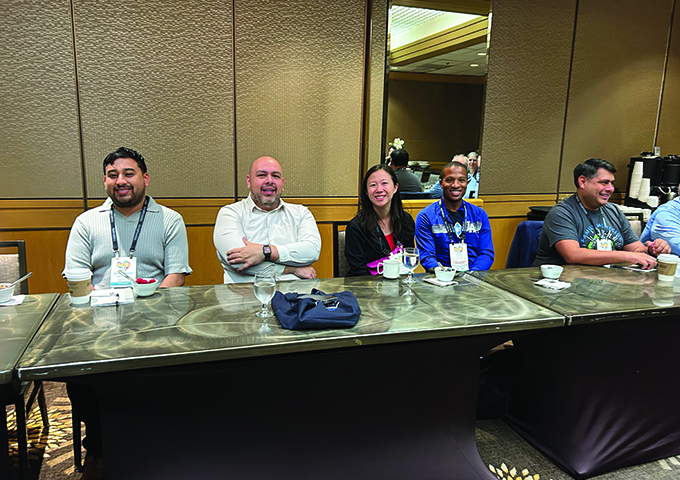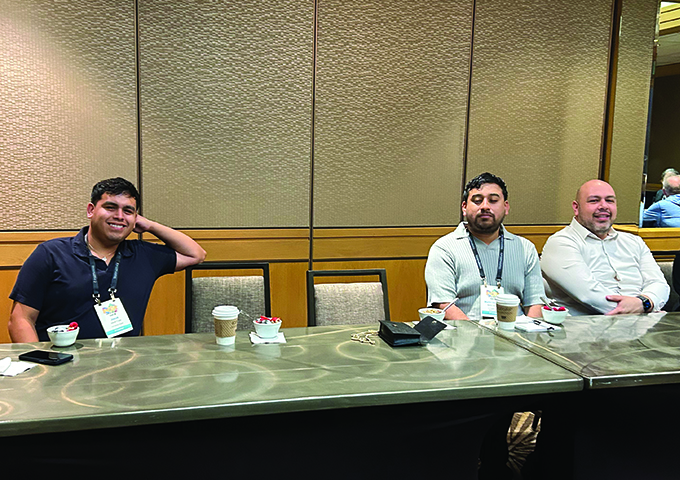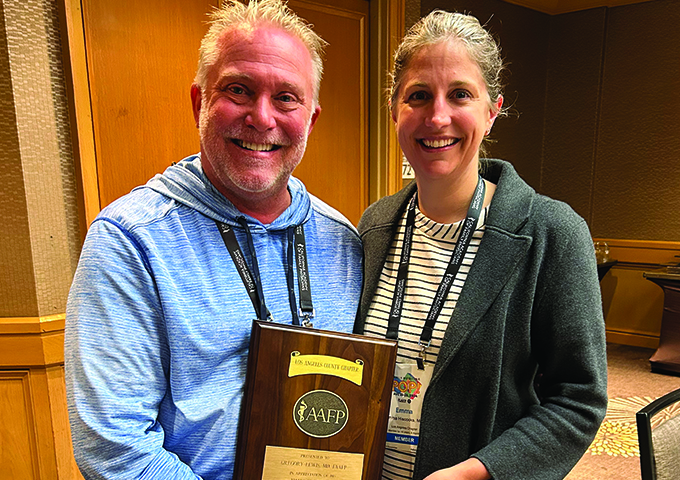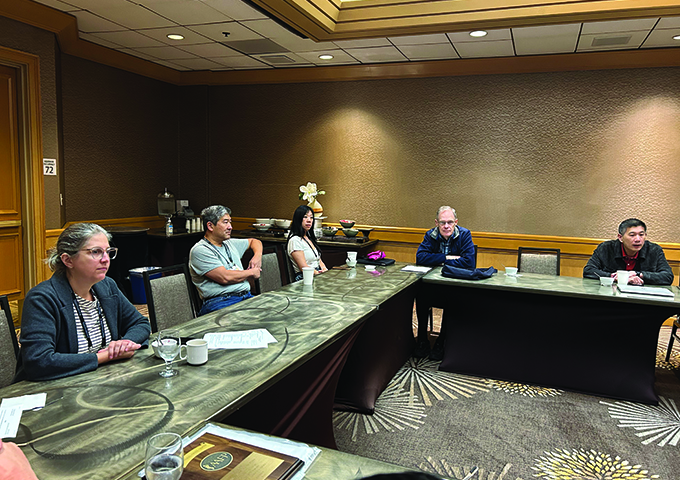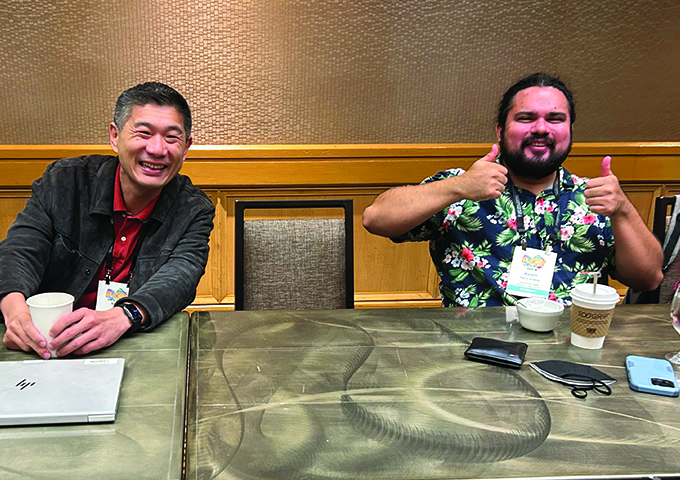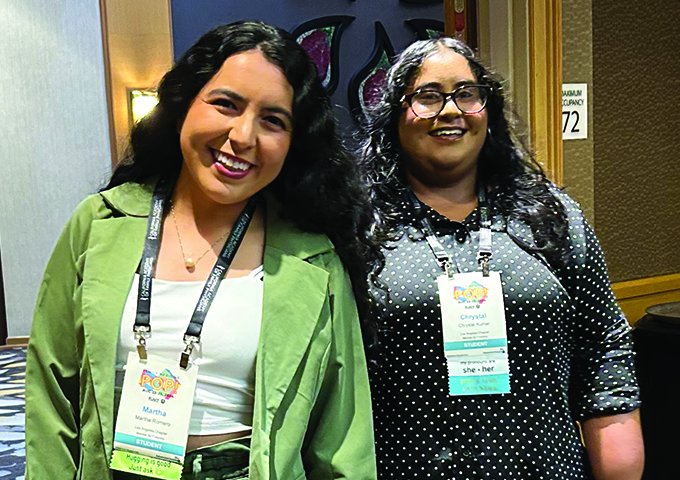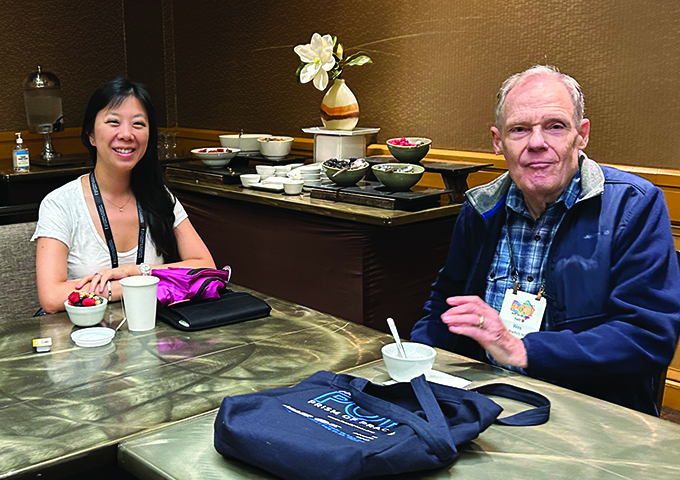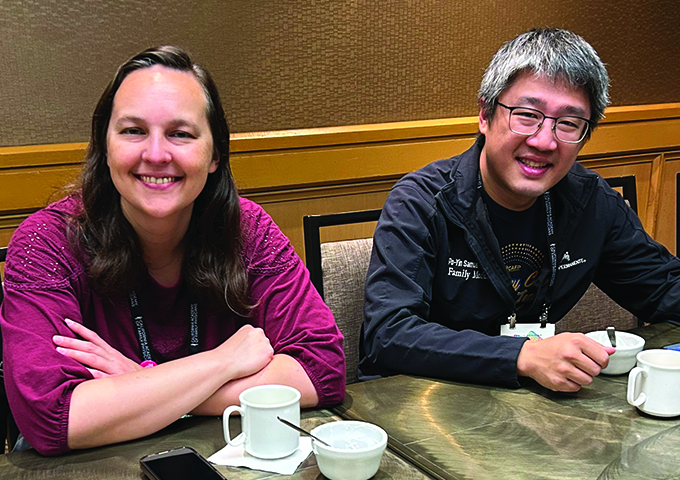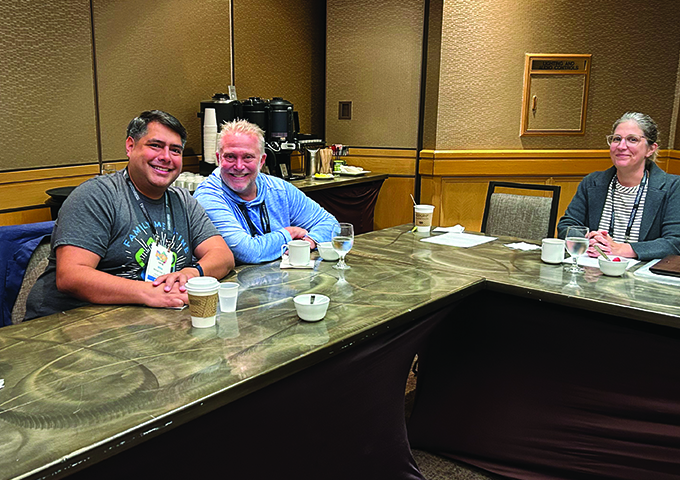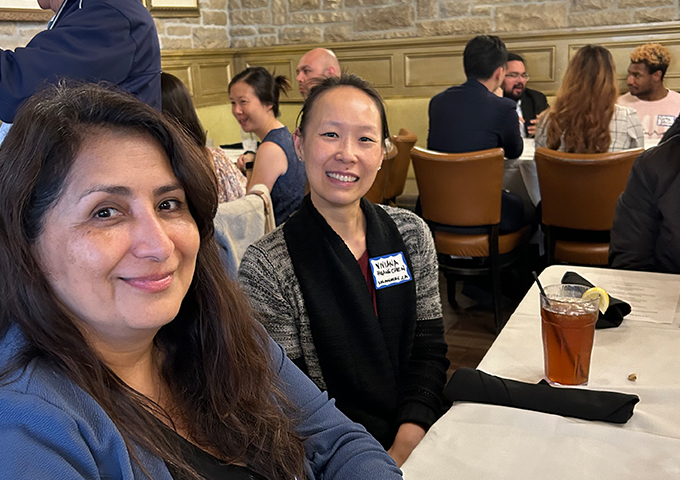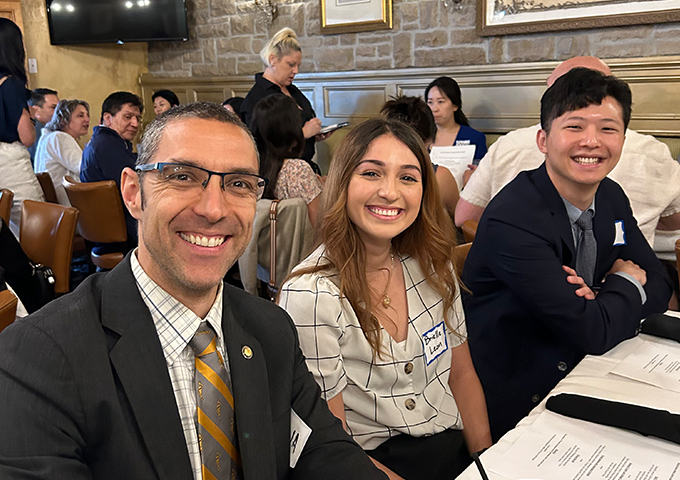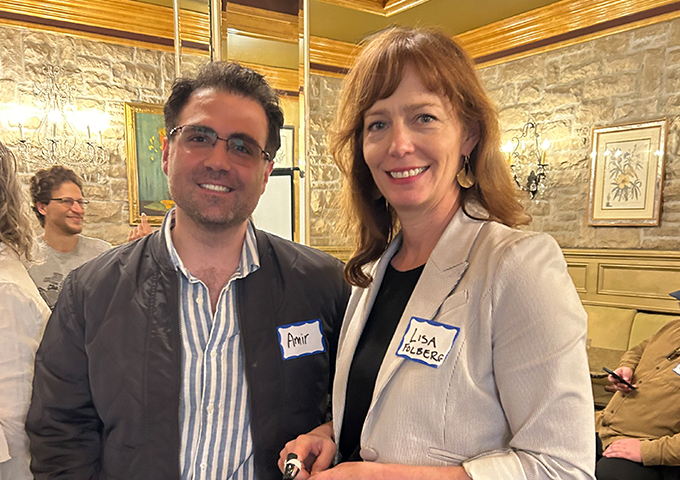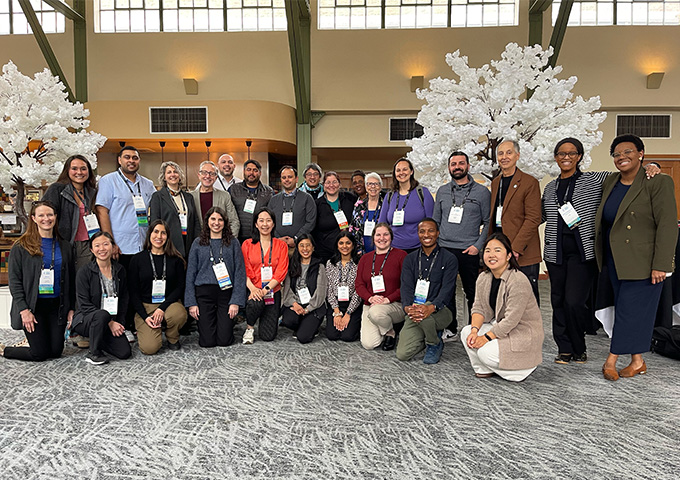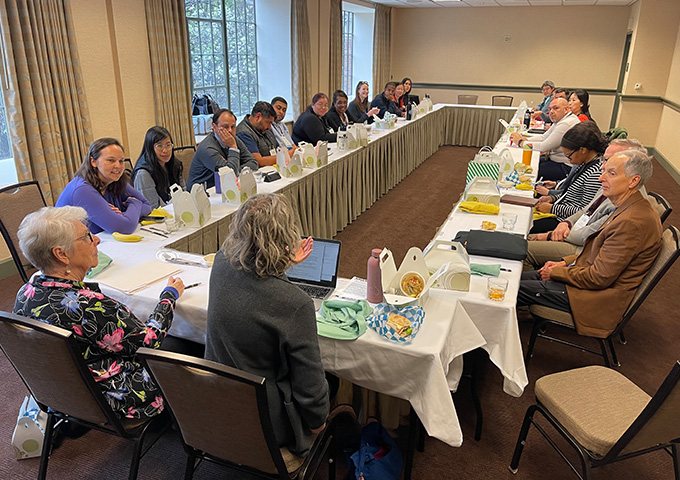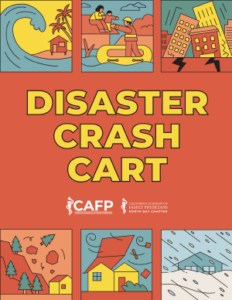Phillip Brown, MD
I would not be where I am today without my mentors. My parents and sister have always been my biggest mentors. My mother was also essential in connecting me with my first physician mentor, Eric Anderson at the Cleveland Clinic. He was extremely helpful in mock interview training with me as well as allowing me to shadow in the emergency department. While there is absolutely a time commitment for the mentor, the outcomes can be tremendous. Despite the importance of mentorship, I do feel that this is an area needing improvement in Family Medicine and medicine at large. There is a well-documented primary care physician shortage with the West forecasted to have the greatest physician shortage ratio (69 physician jobs per 100,000 people).1
As mentioned by Henry-Noel et al.2 there are several key aspects that make a great mentor including generosity, selflessness, exceptional communicating, active listening, approachability, and honesty. Throughout my years of mentoring college, medical, and resident learners one of the most important skills has been communication. This spans both communicating the essential business of scheduling and often rescheduling my meetings with the mentors as well as active listening including taking stock of body language. With an increased emphasis on active listening, we can tap into their true passions which will help to maintain their fire to pursue their goals. Being selfless I feel goes hand in hand with being flexible. Despite workloads of most mentors often times being much higher stakes and jam-packed, it is still important for there to be an understanding that the mentee’s schedule is also jam-packed and incredibly high-stakes to them as well.
Equally important are the attributes that make for a successful mentee. The mentees that I feel get the most out of the mentor-mentee relationship are incredibly proactive. This proactive mentality includes setting up appointments with their mentor but also being proactive in their day-to-day lives, for example when chasing down important research opportunities and other important experiences that will be invaluable for their development as well as their CVs. Henry-Noel et al.2 describes the concept of “managing up” as the mentee taking the “driver’s seat” in the mentor-mentee relationship, especially in organizing meeting dates, etc. This level of responsibility will serve the mentee well as they move forward in their careers.
There are a multitude of ways in which we can give back, no matter what level we are at in Family Medicine. If your place of work is aligned with an academic institution then consider looking into opportunities to mentor college students interested in medicine, medical students, and residents. Even if your job site is not working closely with an academic institution many are happy to have the mentorship help. I agree with Dr. Jim Gates stance on The Science Mentorship podcast where he said “be open to being mentored by those that don’t look like you”. However, it can be incredibly inspiring for those that come from underrepresented backgrounds to mentor similar individuals. One such opportunity is the STFM Underrepresented in Medicine (URM) Mentorship Program. There are also many interest groups to afford mentorship on the AAFP website.
As Denzel Washington once said “Show me a successful individual and I’ll show you someone who had real positive influences in his or her life. I don’t care what you do for a living—if you do it well, I’m sure there was someone cheering you on or showing the way. A mentor.” The ripple effect you have by being a meaningful mentor is immeasurable. There are also so many benefits for mentors as well including: aiding the professional development of junior colleagues, professional rejuvenation/satisfaction, and the potential for institutional recognition2. I implore you to take the chance on someone else, as they once did with you.
Works Cited
1Zhang X, Lin D, Pforsich H, Lin VW. Physician workforce in the United States of America: forecasting nationwide shortages. Human Resource Health. 2020 Feb 6;18(1):8. doi: 10.1186/s12960-020-0448-3. PMID: 32029001; PMCID: PMC7006215.
https://www.ncbi.nlm.nih.gov/pmc/articles/PMC7006215
2Henry-Noel N, Bishop M, Gwede CK, Petkova E, Szumacher E. Mentorship in Medicine and Other Health Professions. J Cancer Educ. 2019 Aug;34(4):629-637. doi: 10.1007/s13187-018-1360-6. PMID: 29691796.

